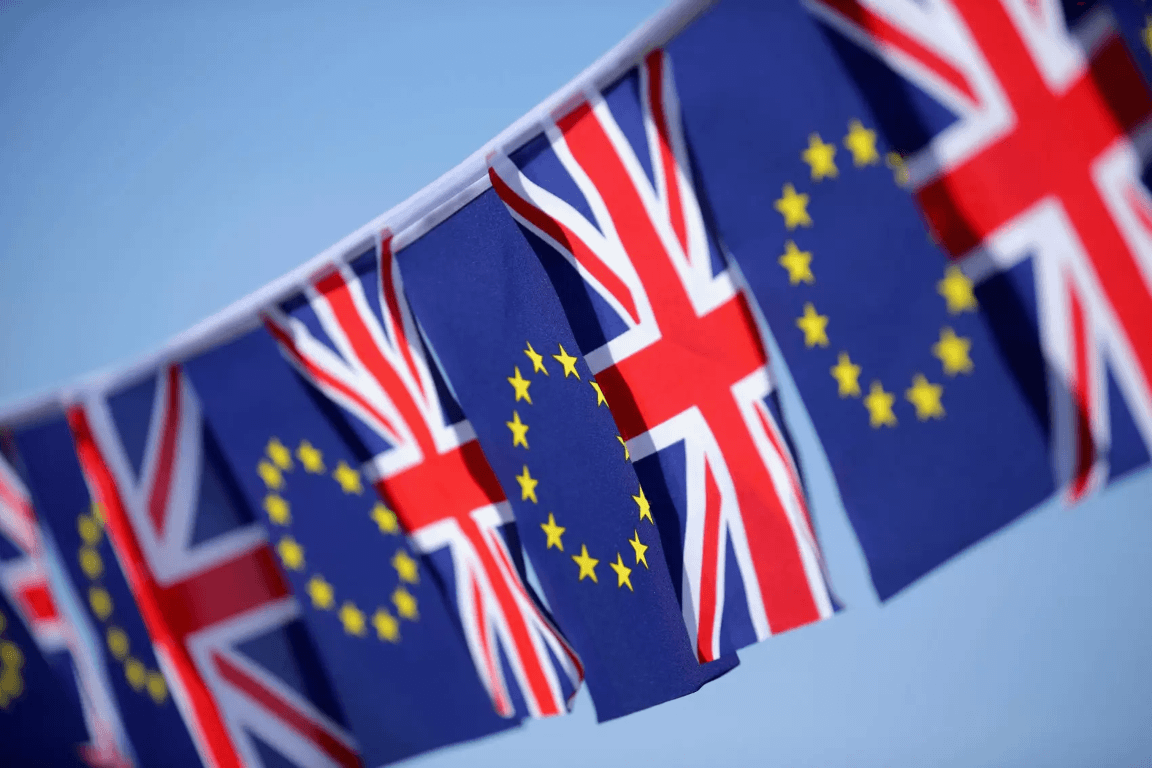IMF chiefs warns UK
September 18, 2018 | Expert Insights

Britain could spiral into recession if it leaves the European Union without a bespoke trade deal, the International Monetary Fund warned on Monday, and economic growth will slow down, regardless of what deal it reaches over trade and tariffs with Brussels.
Background
The International Monetary Fund (IMF) is an international organization headquartered in Washington, D.C. It is comprised of 189 countries that aim to “foster global monetary cooperation, secure financial stability, facilitate international trade, and promote high employment and sustainable economic growth”. It was formed in 1945 at the Bretton Woods Conference. Its initial goal was the reconstruction of the international payment system. However, its role has now changed to managing the balance of payments difficulties and international financial crises.
Throughout 2017, there were increasing warnings against protectionism. IMF Managing Director Christine Lagarde cautioned nations against becoming complacent with growth. She pointed out that there are a number of threats including political tensions, as well as rising inequality that could significantly affect economic recovery.
The IMF has forecasted that 2018 will be the strongest year for global growth since 2011. According to the International Monetary Fund’s latest forecast, the global economy is on course to grow 3.9% this year, the fastest pace since 2011. Every major economy is expected to experience a balanced growth for the second year in a row. Despite ongoing disputes, the IMF predicts trade volumes to grow. Overall world trade volumes grew 4.9% in 2017, up from 2.3% in 2016. For 2018, the forecasts call for trade to increase by 5.1%.
Read more about the possibility of a “No-Deal” Brexit here.
Analysis
The UK economy would rapidly start to contract in the event of a disruptive exit from the EU next spring, says a stark International Monetary Fund report that highlights the recession risks of a no-deal Brexit. Christine Lagarde, the IMF’s managing director, added that there would be costs to the $ 2.6 Trillion under any outcome that involves leaving the EU.
Expressing the IMF’s growing concern at the possibility of an acrimonious divorce next March, Lagarde said: “If that happened there would be dire consequences. It would inevitably have consequences in terms of reduced growth, an increase in the [budget] deficit and a depreciation of the currency. “In relatively short order it would mean a reduction in the size of the economy.”
Lagarde said the IMF’s forecast of 1.5% growth next year was based on a smooth exit from the EU. Her remarks were seized upon by the chancellor, Philip Hammond, as evidence that the UK had to strike a deal that would safeguard jobs and prosperity.
The Prime Minister’s Office, however, pointedly refused to endorse Hammond’s gloomy predictions. When asked about what he had said, her spokesman referred to what Theresa May told the BBC in an interview broadcast earlier: “The PM said very clearly that she believes our best days are ahead of us and that we will have plans in place for us to succeed in all scenarios.”
The IMF’s warning came in the preliminary findings of its annual health check of the UK economy. The Washington-based organisation will flesh out precise details regarding the size of a UK recession in the event of a disorderly Brexit when it publishes the final report in November. Speaking at a press conference at the Treasury, Lagarde took issue with Brexit supporters who have said the UK would thrive if it left the EU without a deal and then traded on World Trade Organization terms.
The IMF’s latest contribution to the Brexit debate came at a time when Prime Minister May has been battling leading Eurosceptics over her Chequers proposals, warning that her plan for a deal with Brussels is the only option. PM May has been clear: ‘It’s either our Chequers deal or no deal’.
The IMF said UK growth has already dropped and business investment has been lower than would be expected since the EU referendum two years ago.
Assessment
Our assessment is that as Britain will not be able to cherry-pick between being a beneficiary of the single market and the desire to sign bilateral trade deals. We feel that there would be increasing calls for a second referendum that would vote on any trade deal or a vote on a ‘no deal’, alongside the option of staying in the EU.








Comments